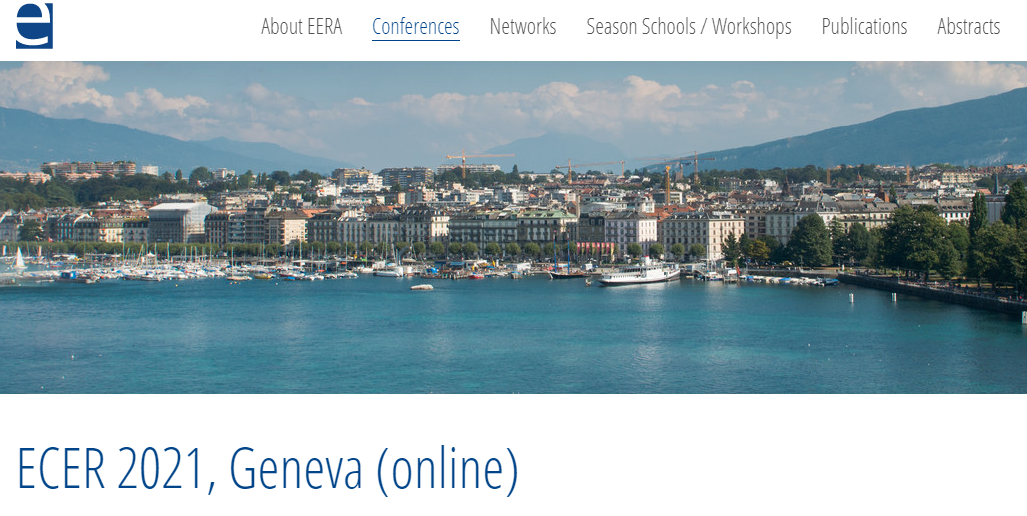By-passing teachers in the marketing of digital technologies: the synergy of educational technology discourse and new public management practices
Oliver McGarr & Bård Ketil Engen This paper examines the online marketing of digital technologies in education from three multi-national technology corporations’ websites focusing on both the language used in the text and the nature of the accompanying images. Through a content analysis, the paper shows the ways in which the need for technology investment is rationalised. It also highlights how the need for educational reform drives much of the discourse in relation to K-12 education whereas, within the higher education sites, alignment with existing practices is emphasised. The analysis of the sites highlights the veiled ways in which digital futures are presented and how the corporations and their products and services are positioned. The paper highlights how educational technology advertising capitalises on new public management practices in education to a target school and university management in the promotion and marketing of educational technology – largely by-passing those working at the coalface of education. Learning, Media and Technology: https://www.tandfonline.com/doi/full/10.1080/17439884.2021.2010092


